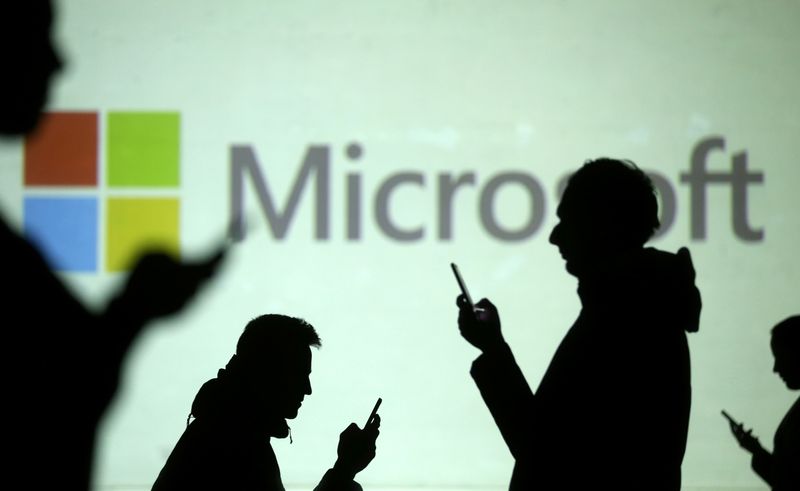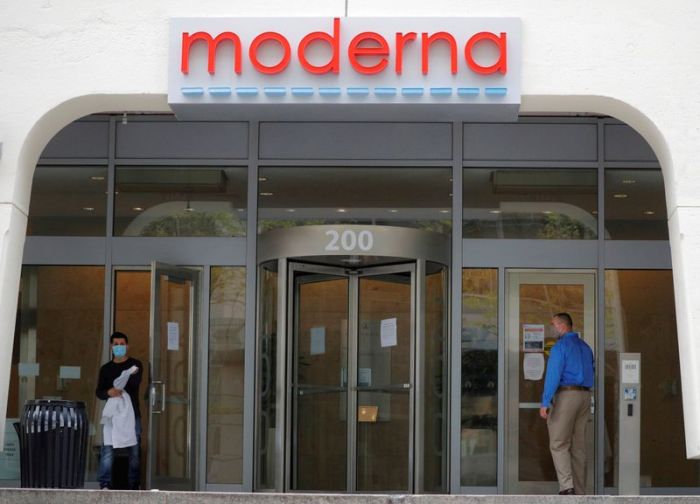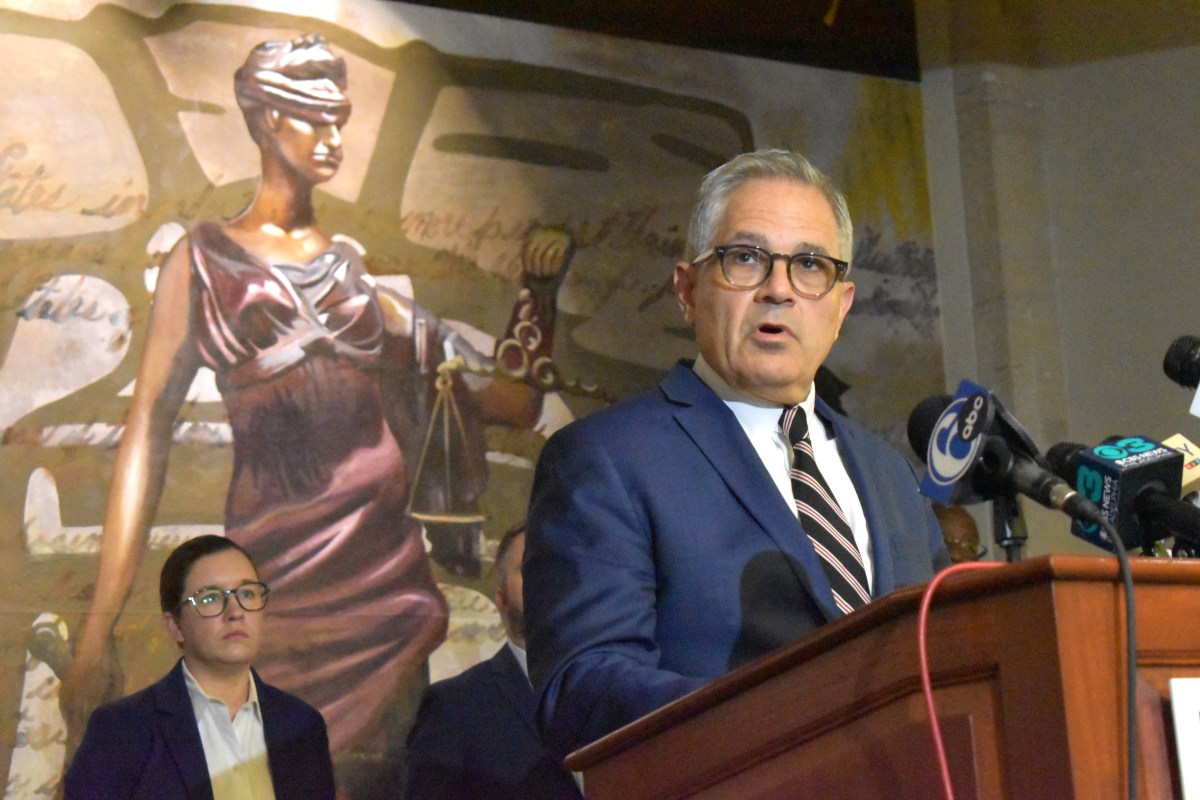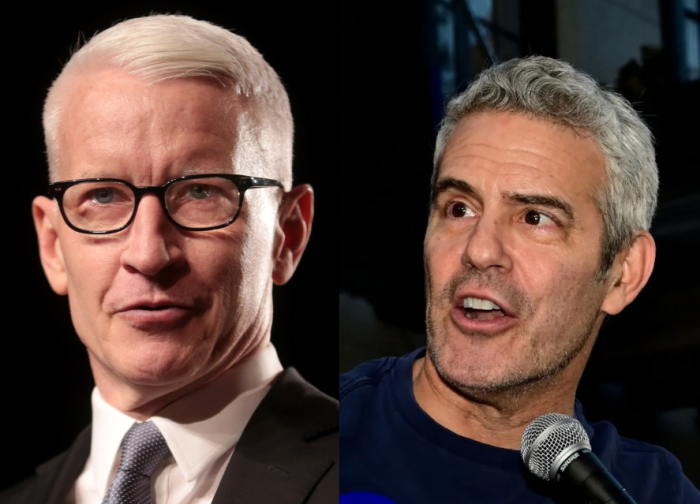(Reuters) – Microsoft Corp <MSFT.O> on Tuesday denied a recent suggestion by the U.S. Department of Labor that its plan to bolster diversity, including by investing $150 million and doubling the number of Black employees in high-ranking positions, amounted to illegal race discrimination.
The denial came in a blog post responding to a letter Microsoft received last week from the Labor Department’s Office of Federal Contract Compliance Programs concerning an initiative announced by Chief Executive Satya Nadella on June 23.
General Counsel Dev Stahlkopf said the letter suggested that the initiative “appears to imply that employment action may be taken on the basis of race,” and asked Microsoft to prove its efforts to improve opportunities were not illegal race-based decisions.
“Emphatically, they are not,” Stahlkopf wrote.
“We are clear that the law prohibits us from discriminating on the basis of race,” she added. “We hire and promote the most qualified person. And nothing we announced in June changes that.”
A spokesman for the Labor Department said it “appreciates” Microsoft’s assurance it was not using racial preferences or quotas, and “looks forward to working with Microsoft to complete its inquiry.”
Microsoft announced its initiative four weeks after the death of George Floyd at the hands of Minneapolis police sparked nationwide protests over racial inequality, and prompted more companies to confront inequality in their own ranks.
Facebook Inc <FB.O> and Alphabet Inc’s <GOOGL.O> Google are among companies to pledge greater commitments to diversity.
According to Microsoft’s 2019 diversity report, just 4.4% of U.S. workers at the company and affiliates such as LinkedIn were Black, while less than 3% of U.S. executives, directors and managers at the Redmond, Washington-based parent were Black.
Nadella pledged to double the number of Black employees in the United States in senior and leadership roles by 2025.
He also said Microsoft would conduct more transactions through Black-owned banks, and make investments to support minority-owned banks and Black-owned small businesses.
(Reporting by Jonathan Stempel in New York; Editing by David Gregorio and Christopher Cushing)

























